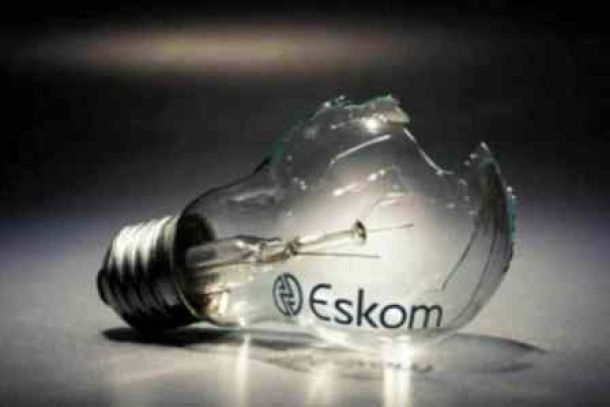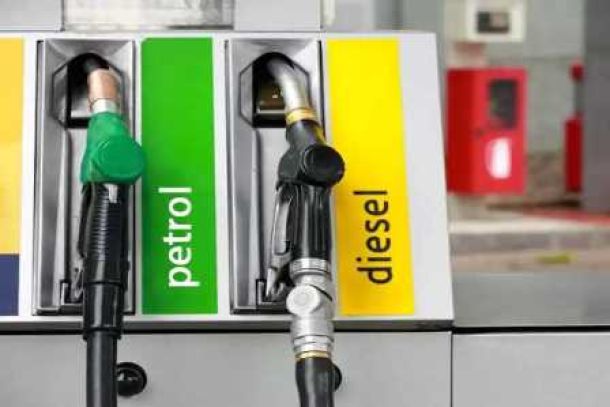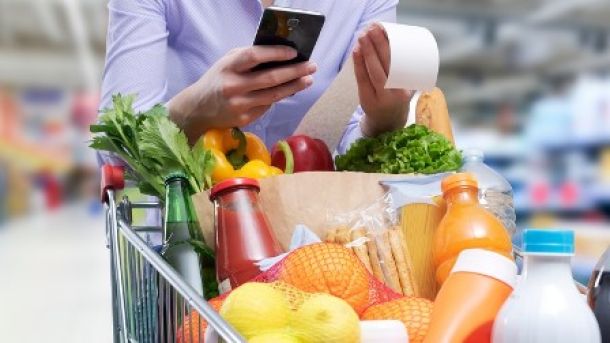Consumer Goods Council of South Africa (CGCSA) reaction to the decisions by Standard & Poor’s and Moody’s
The announcement by Standard & Poor’s of a sovereign downgrade to junk status and the planned review pending downgrade by Moody’s is a disappointing indictment of policy tardiness and refusal by the government to listen to numerous calls by organised business for policy consistency and reliability.
The decisions of the two agencies, made after the shock cabinet reshuffle which included the dismissal of the Minister of Finance and his Deputy, will inevitably have a negative impact on business confidence, harm efforts to pursue sustainable economic growth and attract job creating investment.
In addition to increasing borrowing costs of government debt – which will inevitably be borne by the taxpayer through budgetary increases – the downgrade to junk status will overtime affect the most vulnerable section of the South African population whom the government has been requesting the private sector to partner to uplift from poverty.
Specifically for consumers, who are already battling with high debts, the decision could further worsen already stretched household budgets if the monetary authorities respond to the unfavourable political environment by raising interest rates. This will further reduce the average shopping basket and directly impact on the viability of retailers who are already facing increased cost push pressures in the face of tepid consumer spending.
The expected depreciation of the rand as a consequence of the sovereign downgrades will in all likelihood result in higher costs on imported items plus higher expected price levels of fuel. This will feed into a high cost base for retailers and manufacturers who would be forced to pass on these costs onto already highly indebted consumers that are battling with diminished disposable incomes. The prospect of job losses cannot be ruled out as companies will be forced to review their business models in response to a worsening economic climate.
What is particularly worrisome is the apparent total disregard to and of advice and counsel from the business community by the President Zuma led government on how the tripartite partnership between government, business and labour can work together to solve the structural problems and imbalances of the economy. It is paradoxical that government has been appealing for private sector investment to create jobs, yet it chooses to ignore advice from the same private sector on how we can achieve national objectives of economic success as outlined by the National Development Plan.
More than ever before, the downgrade calls for renewed commitment by the government to act in the national interest. We have reiterated before that South Africa’s economic challenges are not insurmountable because there is willingness by both social and economic partners to work together to grow the economy, create jobs and lift millions of people out of poverty.
We believe that the government owes the nation a public and demonstrable commitment to ensuring that the broader macro-economic objectives set out in the national and medium-term budgets are not only implemented, but are not changed for political expediency. We need redoubled efforts to convince rating agencies that there will be sustained political and policy credibility and certainty. Anything less will spell disaster for an economy that is already struggling to grow and is unlikely to achieve significantly expand in 2017 and beyond due to low investor confidence.
Gwarega Mangozhe, Chief Executive, CGCSA
Gareth Ackerman, Co-Chairman, CGCSA
News Category
- International retailers
- On the move
- Awards and achievements
- Legislation
- Wine and liquor
- Africa
- Going green
- Supplier news
- Research tools
- Retailer trading results
- Supply chain
- Innovation and technology
- Economic factors
- Crime and security
- Store Openings
- Marketing and Promotions
- Social Responsibility
- Brand Press Office
Related Articles

Eskom wants to hike electricity prices by up to...

Big petrol price drop tipped for July

Fuel price cuts bigger than expected

‘Desperation is the new normal’ for South Afric...


